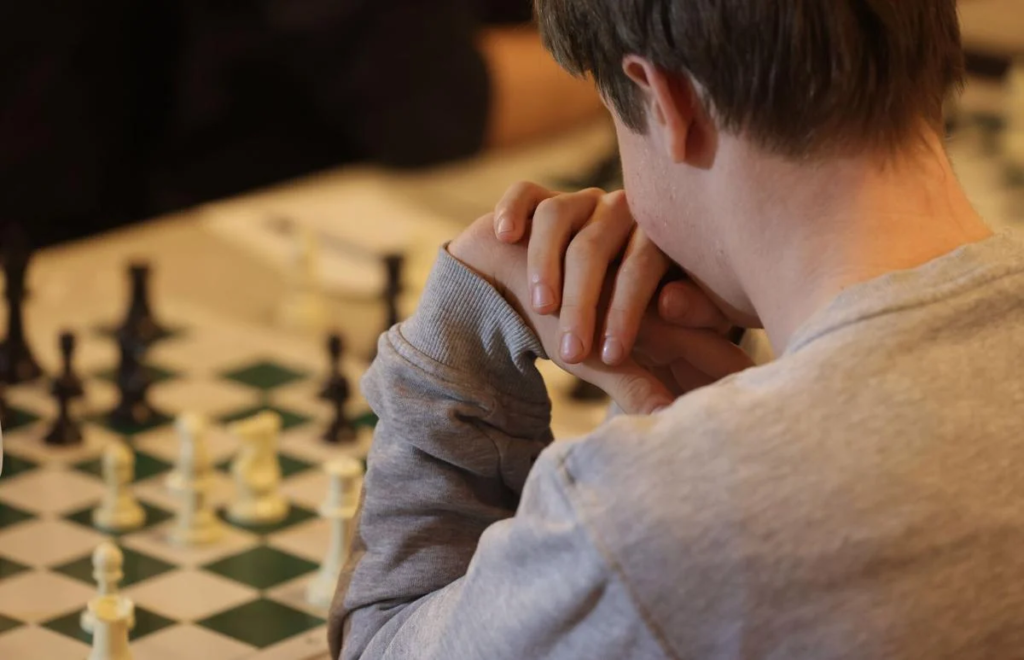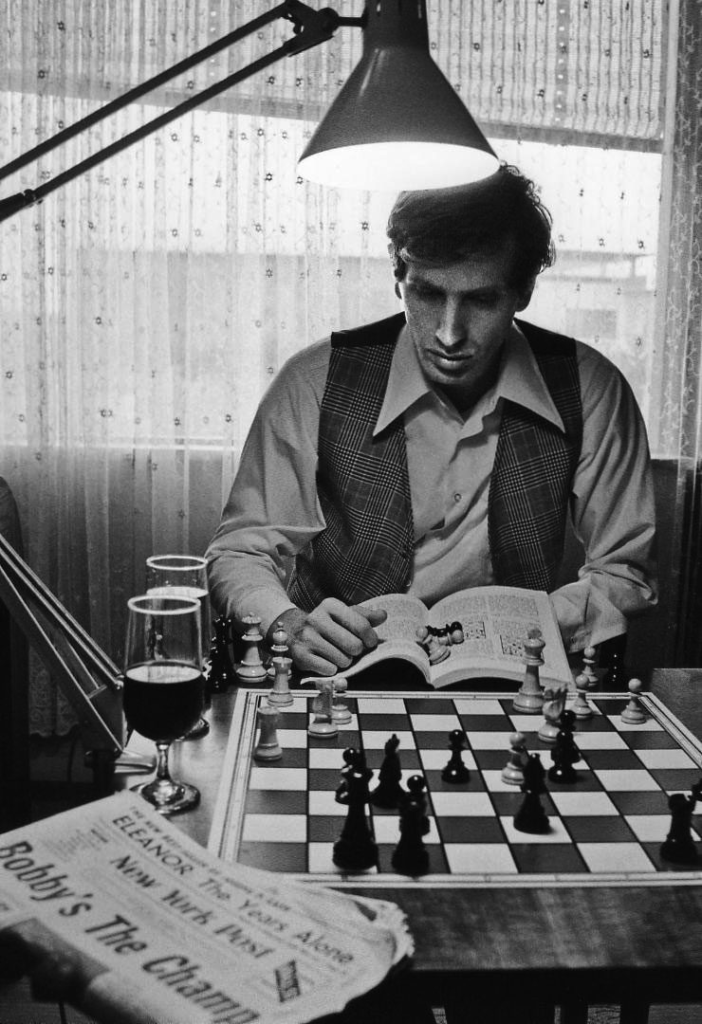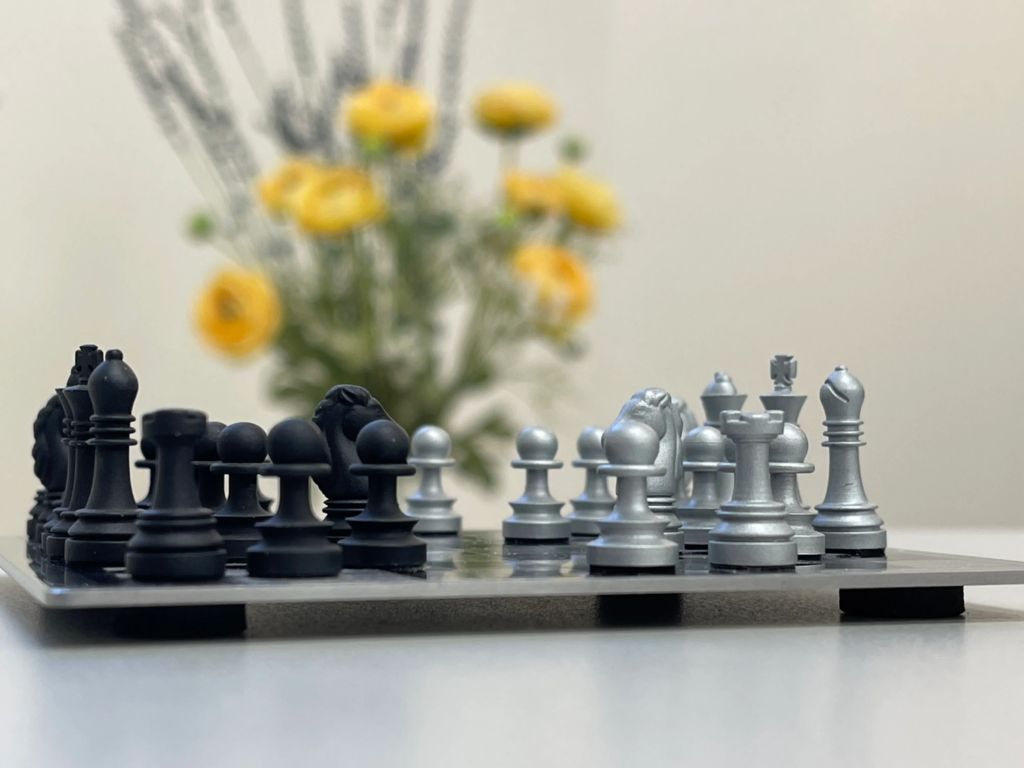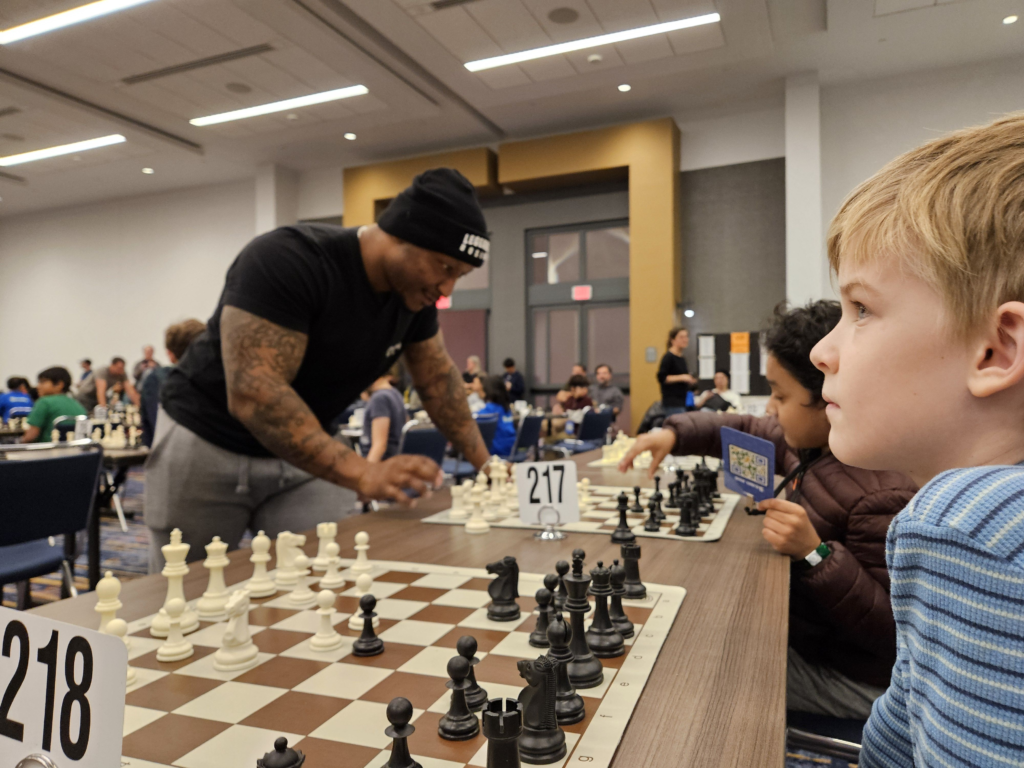
The Washington Post’s recent story about a stroke survivor rediscovering his love for chess is a powerful reminder of this game’s incredible benefits for people of all ages and abilities ([Link to Washington Post article]). Chess isn’t just about competition – it offers a chance for mental growth, social connection, and even healing.
At Summit School of Chess, we’re passionate about making chess accessible to everyone in the greater Denver area and Colorado Springs. Whether you’re a child fascinated by knights and rooks, an adult seeking a new mental challenge, or someone looking for the kind of enriching experience chess can offer, we’ve got something for you.

Why Summit School of Chess is Your Denver Chess Destination
- Chess for Every Skill Level: Our expert coaches, led by National Master Jesse Cohen, meet you where you are. We offer fun-focused beginner classes, strategic training for advanced players, and everything in between.
- The Joy of the Game: We ditch the boring lectures! Our lessons, camps, and tournaments make chess an exhilarating adventure.
- Community Matters: Chess is more than just moves on a board. We foster a supportive community where Denver enthusiasts can connect and fuel their passion.
- Denver and Beyond: We bring chess excitement to schools, host online lessons, run tournaments, and offer thrilling summer camps across Denver and Colorado Springs.
How Chess Transforms Lives (and Brains!)

The benefits of chess are more than just a feel-good story. Here’s what it can do for you or your child:
- Boosts Problem-Solving: Chess teaches strategic thinking and pattern recognition, skills that carry over into all areas of life.
- Builds Confidence: Winning (and even gracefully losing!) builds self-esteem, particularly in kids.
- Enhances Focus: Chess demands concentration, training the brain to stay deeply engaged.
- Strengthens Memory: Chess players learn to visualize moves and their consequences, boosting memory skills.
Begin Your Chess Journey Today – Visit Summit School of Chess

Inspired to explore the world of chess? We’re here to guide you! Visit our website or contact us to discover the perfect program to unleash your inner chess champion.
Check the original article from the Washington Post.
Our Summer Chess Camp 2024 is coming up!!
We have daily Online Group Lessons for all players of all skill levels!
Our Monthly Chess Tournaments are great for testing your skills!
Get a School Chess Program today!
Join the official Summit School of Chess Club (on Chess.com)

















